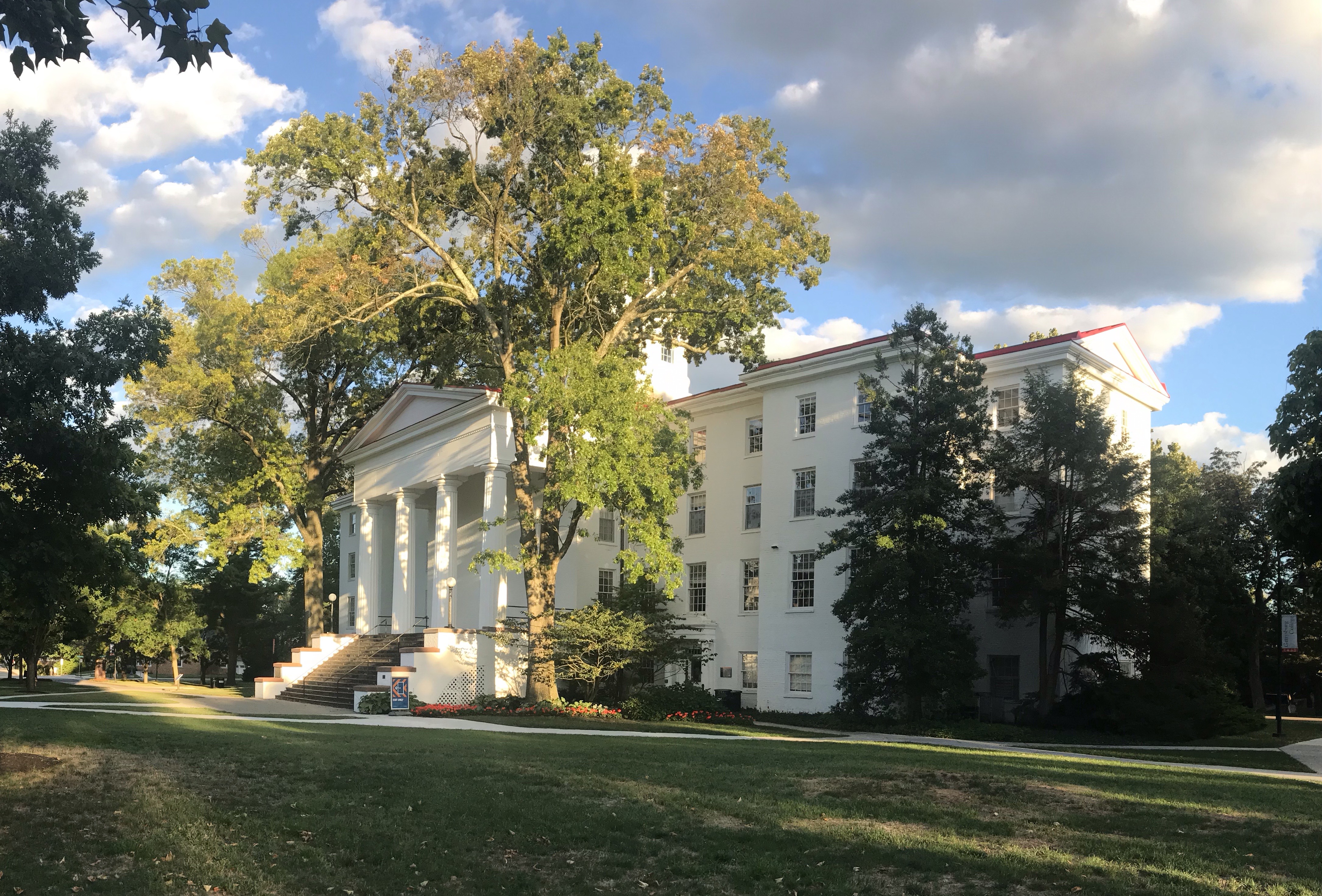Editorial: The Case for an Additional Wellness Day
By The Gettysburgian Editorial Board
The wellness day on April 7, though well-intentioned, was inadequate in improving student mental health and is indicative of the administration’s apparent lack of trust in the student body. Like the March 2 wellness day, the administration kept it a secret until the day before, both failing to prepare students for time off and generally fraying student-administration trust.
The confidentiality of the wellness days was poorly maintained, and most of the student body knew about them before the administration officially announced the cancelation of classes. To those who knew about the wellness days beforehand, the secrecy did nothing either to improve their mental health or maintain COVID vigilance. Instead, the secrecy further justified mutual student-administration distrust. For those who were unaware of the wellness day beforehand, the secrecy may have actually harmed their mental health. Canceling all classes and clubs without communicating to students disrupts personal and academic planning and adds unnecessary stress. This is compounded by the fact that for many, the wellness day was spent catching up on homework, which is hardly a mental reprieve.
The Gettysburg College administration’s implementation of wellness days has, simply put, been poorly executed. In addition to the problems with administration-mandated secrecy, only giving students two days off this semester is insufficient in improving student body wellbeing. Dropping the secrecy and adding a third wellness day go hand-in-hand; only by doing both can student-administration trust be built and student mental health be fortified.
During a normal spring semester—without COVID—Gettysburg College usually gives students five days off. This semester, however, the March 2 and April 7 wellness days are the only days off the college is giving students. Without spring break, providing five days without classes would be difficult, especially because it is necessary to spread out days off to dissuade students from leaving campus. That being said, adding a third wellness day this semester, without the kind of administrative secrecy that has preceded wellness days thus far, would go a long way in fortifying student mental health.
It would also rebuild student trust in the administration, which has suffered significantly from a pervasive belief that Gettysburg College has neglected the needs of many of its students. Burnout is real, and a lot of students are feeling it. Faculty and support staff also deserve a break, and a third wellness day would send the message that the administration recognizes the incredible work they’ve done in adapting to another turbulent semester.
A student petition is being circulated online for a third wellness day that has over 1,200 signatures and is supported by the Student Senate. If the administration were to add another wellness day, it would clearly be a broadly popular move; thus, doing so would help rebuild much-needed student-administration trust. Furthermore, taking such an action as an obvious reaction to public student outcry would bring decision-making out of the cupola and into the commons, where discourse belongs.
Communicating with students is also the most effective way to increase COVID restriction compliance while making mental health a priority. The example of COVID rapidly spreading on campus last semester brought to light the exigence of accountability, especially holding Greek life accountable. However, the college still needs to establish a relationship with the study body in order for the college community to support and comply with COVID measures—this, too, is a necessary front in containing the virus.
The student body has placed trust in the college administration to contain COVID on campus, to maintain what semblance of normalcy can be maintained during the pandemic, and to continue offering the robust liberal arts education that attracts students to Gettysburg College. In return, the college has to communicate with students how they intend to achieve these goals and to allow them to engage with administration policy. Engagement is impossible so long as the administration continues to pretend wellness days are secrets.

